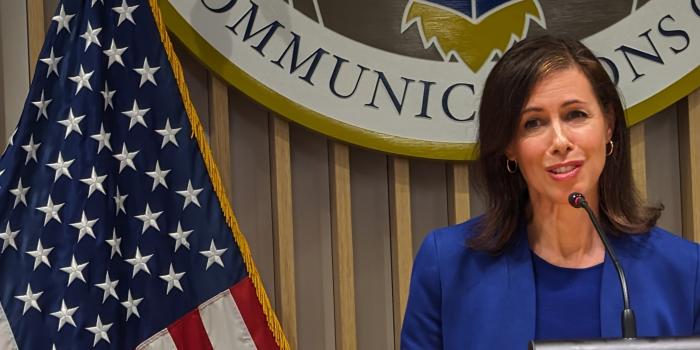Free Press Action: Stimulus Support for Public Media Is Important, But Congress Needs to Do More

WASHINGTON — The Senate’s massive $2-trillion stimulus bill includes a $75-million provision to support public broadcasting. The funding will come mostly in the form of “fiscal stabilization grants” to “maintain programming and services and preserve small and rural stations threatened by declines in non-federal revenues.”
While this allocation is a tiny fraction of the overall recovery bill, pundits at Fox News and other conservative media outlets have decried the inclusion of funds for public news and information.
Free Press Action Co-CEO Craig Aaron made the following statement:
“While support for public media amounts to an infinitesimal portion of the stimulus bill, the right-wing media have gone on the attack. This is no surprise: Rupert Murdoch and his minions have attacked public support for media across the globe, whether in regard to the BBC in the U.K., ABC in Australia, or PBS and NPR here in the United States. No member of Congress should fall for these old tricks and tropes.
“Some pundits would rather prop up state media like Fox News, which pumps out Trump-administration propaganda and coronavirus disinformation daily. What people in the United States actually need is greater investment in essential public-interest media outlets that are devoted to separating fact from fiction and helping educate kids quarantined at home.
“Local NPR and PBS affiliates, community broadcasters and media centers, and other noncommercial news outlets are scrambling to keep their communities informed, engaged and healthy during this crisis. Policymakers should ignore the right-wing noise machine and stay focused on the vital community need for reliable news and information.
“The real problem with the stimulus package’s public-media allocation is that it’s simply not big enough to meet the needs of this emergency. At this critical moment, we should be moving immediately to double federal support for public media to keep essential community stations on the air, make more educational programming available for kids of all ages, and put journalists to work covering local communities, providing access to emergency information, and holding officials accountable.
"To stimulate the economy and help our communities address this crisis, we need to be investing more right now in public media and making sure it reaches as broad a group of public, community and noncommercial outlets as possible across radio, TV and digital platforms.”





